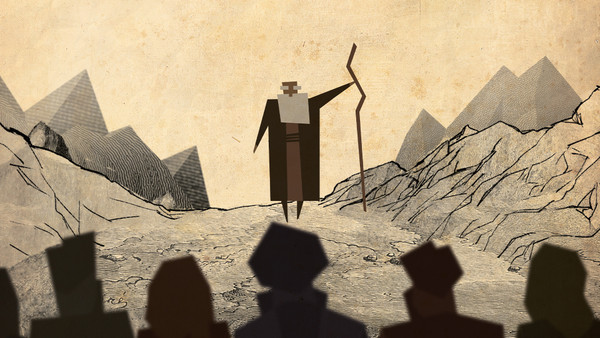
6:47

How does Moses say goodbye? The fifth and final book of the Torah contains a collection of speeches from the first Israelite leader urging the next generation’s faithfulness to God.
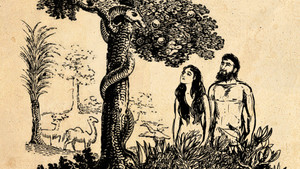
Episode 1
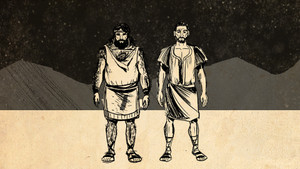
Episode 2
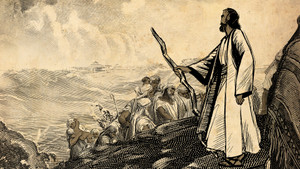
Episode 3

Episode 4
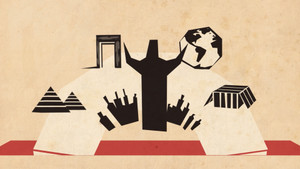
Episode 5
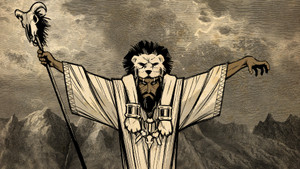
Episode 6

Episode 7